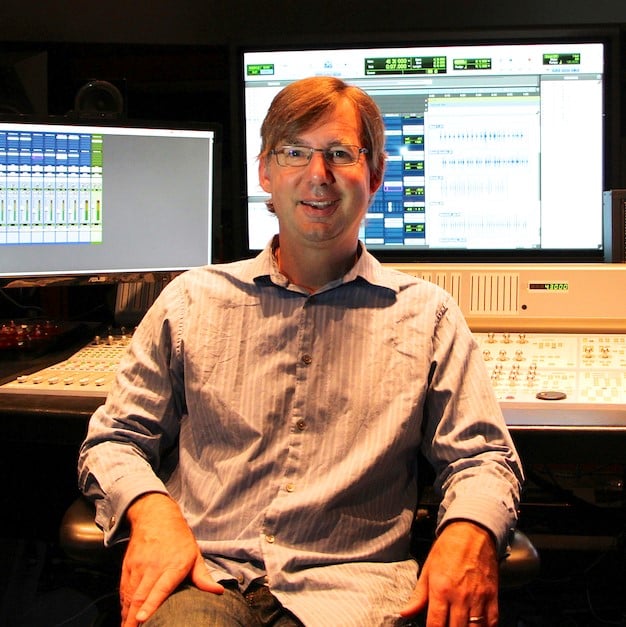Game Sound Design Skills: An Analysis of 100 Game Sound Job Postings
What are video game companies looking for when they need to hire sound designers or composers? Clearly skills like having a great ear, being fluent in modern recording techniques and knowing your way around a DAW are essential. But what specific skills or software are they looking for, above and beyond traditional sound design or composition expertise? What skills will put your resume on the ‘short list’ of people when deciding who to interview and hire?
To answer that question, we analyzed game audio job postings over a 4 month period from April through July 2020, looking at close to 100 job descriptions. We made note of what they listed as required or preferred skills and tabulated the results.
The jobs listed were salaried, employee-positions at companies; they do not reflect freelance work, such as a freelance composer or contract sound designer. Freelance work makes up about half of all game audio work. Also, for the purposes of this analysis, we did not track game audio jobs that were mainly computer programming jobs: i.e. “Audio Programmer” or other positions that did not include creating audio content.
Just about every job posting listed standard sound design skills such as familiarity with a DAW, audio creation tools, recording techniques and the like. So, we left out skills like recording, mixing, etc. However, we did count references to “ProTools” and “Reaper,” which were by far the most frequently called out DAWs.
Most Common Job Titles
There is no standard lexicon for game audio jobs. The most common job listing was for Sound Designer/Game Audio Designer, including everything from “Junior Sound Designer” to “Expert Sound Designer.” The table below shows the breakdown of job title as a percentage of all the job postings analyzed.

Skills Analysis
Below are the most frequently used terms in the job listings we looked at. Each listing was scanned for terms identical or similar to those below. The scan included the entirety of the job posting: the ‘required’ and ‘preferred’ sections of the job skills area as well as introduction and job function description. As noted above, we are leaving out standard sound design skills, such as “DAW” “professional audio tools” and the like, focusing on those most specific to game audio design.
Experience 69%
Not unexpectedly, the most frequently listed requirement was experience. Companies are looking for someone who can hit the ground running and is familiar with what it is like to work on a game project. Of note, however, is that although almost 7 in 10 job descriptions said that “experience” was a qualification, only about half of those specifically mentioned “AAA” experience, 36% in total. (AAA is the term the game industry uses for large-budget, multi-year games such as Red Dead Redemption, GTA and the like.)
Several job listings also implied that education might be a substitute for experience, though not for “AAA” experience (see education, below)
Wwise: 63%
More than 6 in 10 game audio job descriptions specifically called out Wwise as a required or preferred skill for their applicants. Wwise is specialized game audio industry software that takes sound and music files that you make in your DAW and puts it into an interactive format that can be integrated into the game itself. Wwise is completely free for the sound designer/composer and can be downloaded from www.audiokinetic.com.
Find out more about how often Scripting, Unreal, Formal Education, ProTools, Reaper, FMOD, Music Composition, Unity and other skills show up in the full article found on GameSoundCon, with some final notes on what to keep in mind when approaching different sized companies.


Commentaires
Chris Corby
August 14, 2020 at 07:44 pm
Thanks Brian I found this very informative as I explore the world of Game Audio
Steven Rempel
January 31, 2021 at 01:02 pm
Helpful little article. It's tough to break out as an audio person, for it' s a heavily saturated market. Gratzi